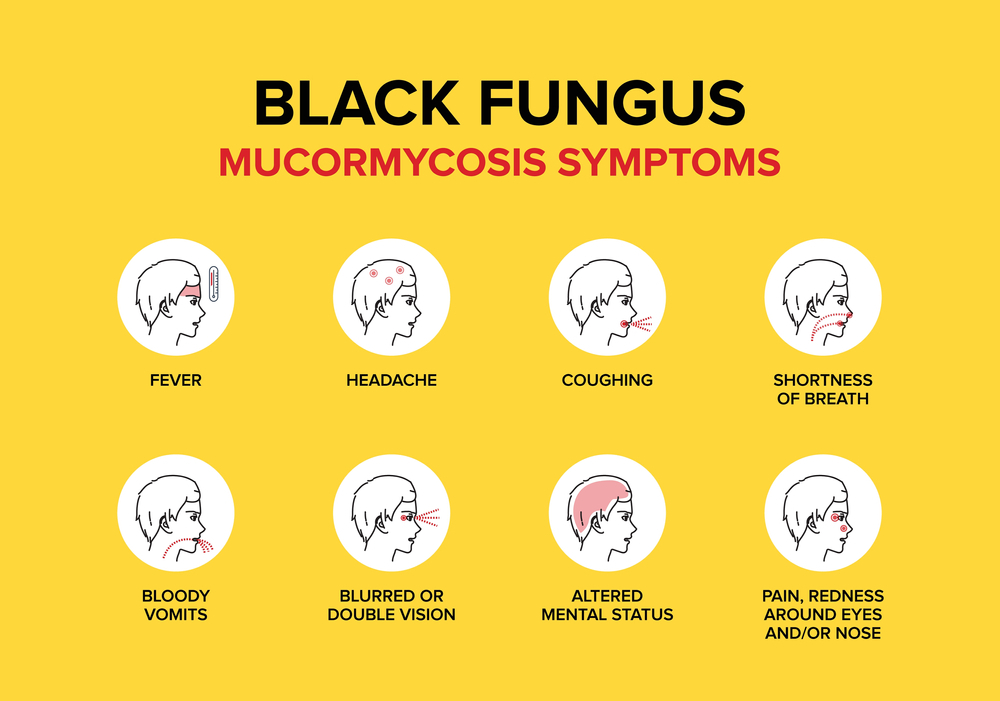What is black fungus ?

Sources from BBC and Manorama News
On Saturday morning, Mumbai eye surgeon Dr. Akshay Nair was awaiting surgery on a 25-year-old woman who had recovered from the battle of Kovit-19 three weeks ago.
Inside the surgery, an ear, nose and throat specialist was already working for a diabetic.
He inserted a tube into his nose and removed the tissue affected by mycomycosis, a rare but dangerous fungal infection. This invasive infection affects the nose, eyes, and sometimes the brain.
When his saga is over, Dr. Nair will undergo a three-hour procedure to remove the patient’s eye.
Dr Nair told me, “I’m going to take his eye out to save his life. That’s how disease works.”
Despite being India’s second deadliest wave to be devastated by the Covit-19 disaster, doctors are now reporting cases involving a rare infection known as “black fungus” in Covit-19 patients. Between adjustment and recovery.
What Is mucormycosis ?
Mucormycosis is a very rare infection. It is caused by exposure to mucus mold commonly found in soil, plants, manure and rotting fruits and vegetables. “It is ubiquitous and is found in soil and air and even in the noses and mucus of healthy people,” says the doctor. Nair.
It affects the sinuses, brain and lungs and is life threatening for people with severe immune deficiencies such as diabetics or cancer patients or those with HIV / AIDS.
What are the symptoms ?
The first symptoms are pain and redness around the eyes and nose, fever, headache, cough, shortness of breath, bloody vomit, and mood swings. Seek treatment for severe symptoms such as nasal congestion, runny nose (black in color), cheek bone pain, pain in one side of the face, numbness, swelling, blackening of the bridge of the nose, toothache, blurred vision, double vision, skin damage, chest pain, and shortness of breath.
What are the preventive measures?
Doctors say that although the mortality rate in infected people is fifty percent, early detection of the disease can reduce the risk. Black fungus is usually treated with antifungals. In severe cases, surgery may be required.In addition, it is important to keep fungi-free areas such as the ICU at risk for those with weakened immune systems or those with serious illness. People with diabetes and those who are not immune should control their blood sugar and blood glucose levels. Use antibiotics and antifungal medications as prescribed by your doctor.
Department of Health advised not to use moisturising masks.